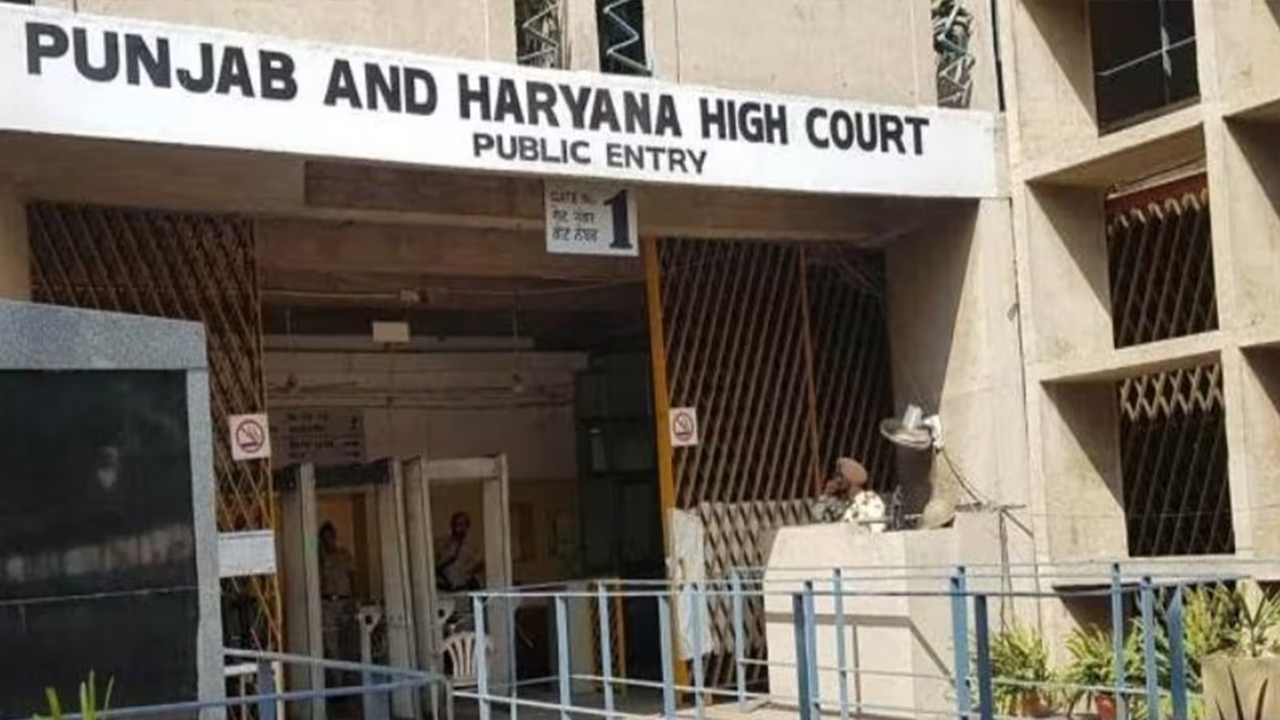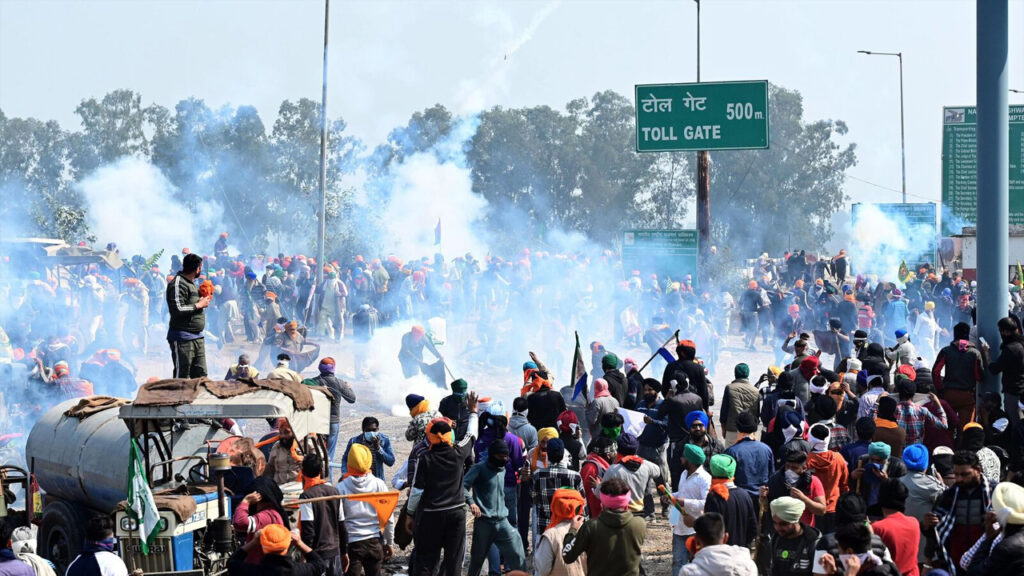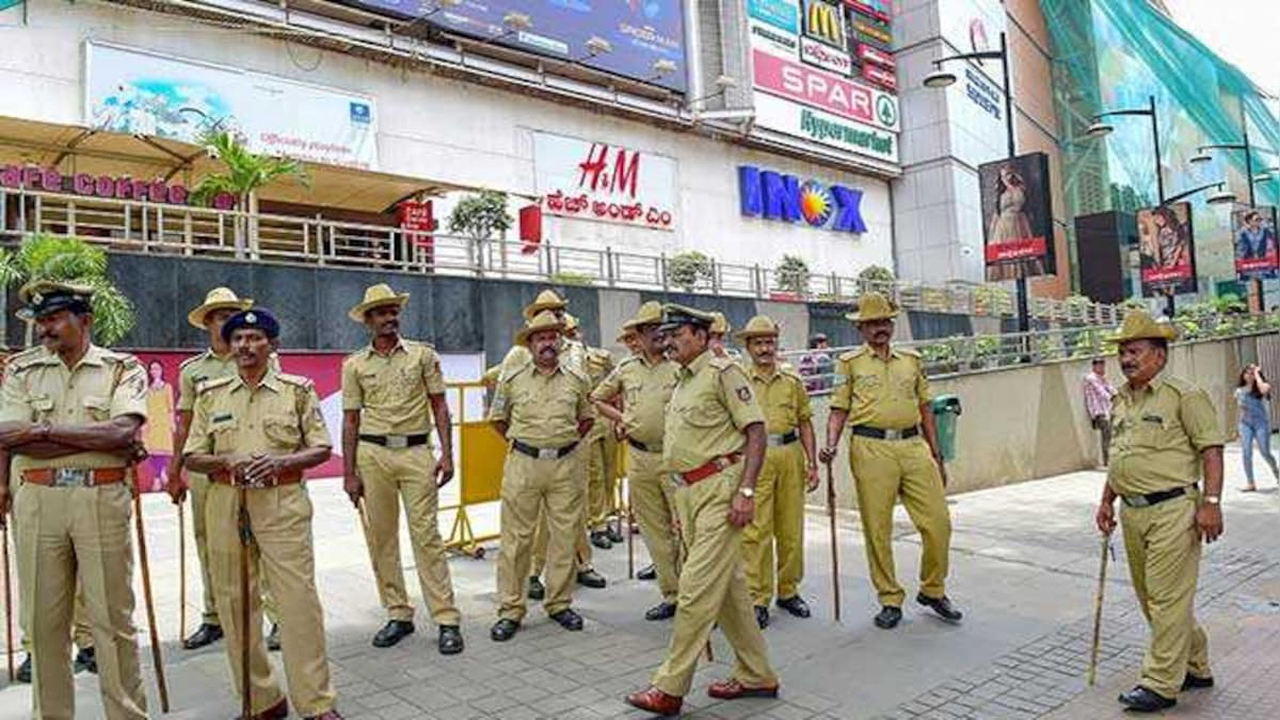Now Reading: Punjab and Haryana High Court Lawyers to Abstain from Work on February 24th in Protest Against Proposed Amendments
-
01
Punjab and Haryana High Court Lawyers to Abstain from Work on February 24th in Protest Against Proposed Amendments
Punjab and Haryana High Court Lawyers to Abstain from Work on February 24th in Protest Against Proposed Amendments

Chandigarh – The legal fraternity of the Punjab and Haryana High Court has announced a decision to abstain from work on February 24th, 2025, in a strong display of opposition to the proposed Advocates (Amendment) Act, 2025. This move, decided upon unanimously by the Punjab and Haryana High Court Bar Association’s executive committee, underscores the deep-seated concerns within the legal community regarding the potential impact of the proposed legislation.
The decision to abstain from work signifies a powerful expression of “strong dissatisfaction” with the bill, as articulated by the association’s acting president, Jasdev Singh Brar, and honorary secretary, Swarn Singh Tiwana. The core of the legal professionals concerns, is that certain provisions within the proposed act, have the potential to be significantly detrimental to both the advocates and the integrity of the judicial system.
Key Points of Contention:
- Concerns over Autonomy:
- A primary point of contention revolves around the perceived threat to the autonomy of the legal profession. The Bar Council of India (BCI) has also voiced “profound concerns,” emphasizing that certain provisions could severely undermine the independence of the bar.
- There is a feeling that the proposed amendments will allow for un-due government influence over the legal profession.
- Impact on Advocates:
- Lawyers express fears that the amendments could negatively affect their ability to practice law freely and effectively. They are concerned about provisions that may restrict their rights and privileges.
- Judicial Independence:
- Concerns extend to the potential impact on the judiciary’s independence. Advocates believe that the proposed changes could erode the separation of powers and compromise the fair administration of justice.
- National wide concern:
- It is important to note, that the concerns regarding the proposed amendments to the advocates act, are not limited to the punjab and Haryana high court. There are many other bar associations, and councils across india, that are voicing similar concerns. For example, the Bar council of west Bengal, has also resolved to abstain from judicial work on the 24th of February.
The Advocates (Amendment) Act, 2025:
The proposed Advocates (Amendment) Act, 2025, has been the subject of intense scrutiny since its draft was made public on February 13th for public comment. The BCI has already submitted its objections, highlighting the serious implications that certain provisions could have for the legal profession.
Impact and Implications:
The decision to abstain from work is expected to have a significant impact on the functioning of the Punjab and Haryana High Court. This action will likely lead to:
- Delays in court proceedings.
- Disruption of legal services.
- Increased backlog of cases.
The legal community hopes that this action will draw the attention of the government and lead to a reconsideration of the proposed amendments.
The Bar Council of India’s Stance:
The BCI’s strong objections to the bill further amplify the concerns of the legal fraternity. The council’s emphasis on the potential erosion of the legal profession’s autonomy underscores the gravity of the situation.
Further Developments:
The situation is evolving, and it remains to be seen how the government will respond to the legal community’s concerns. The legal fraternity is closely monitoring the developments and is prepared to take further action if necessary.
This situation also is happening at the same time as the supreme court has raised concerns over the point based system used for the designation of senior advocates. This has caused the Punjab and Haryana high court to defer its scheduled interviews for senior advocate designation. So there is a lot of legal activity happening at this time.
In conclusion, the decision by the Punjab and Haryana High Court lawyers to abstain from work on February 24th reflects the deep-seated anxieties within the legal community regarding the proposed Advocates (Amendment) Act, 2025. The situation highlights the importance of safeguarding the autonomy and integrity of the legal profession and the judiciary.









